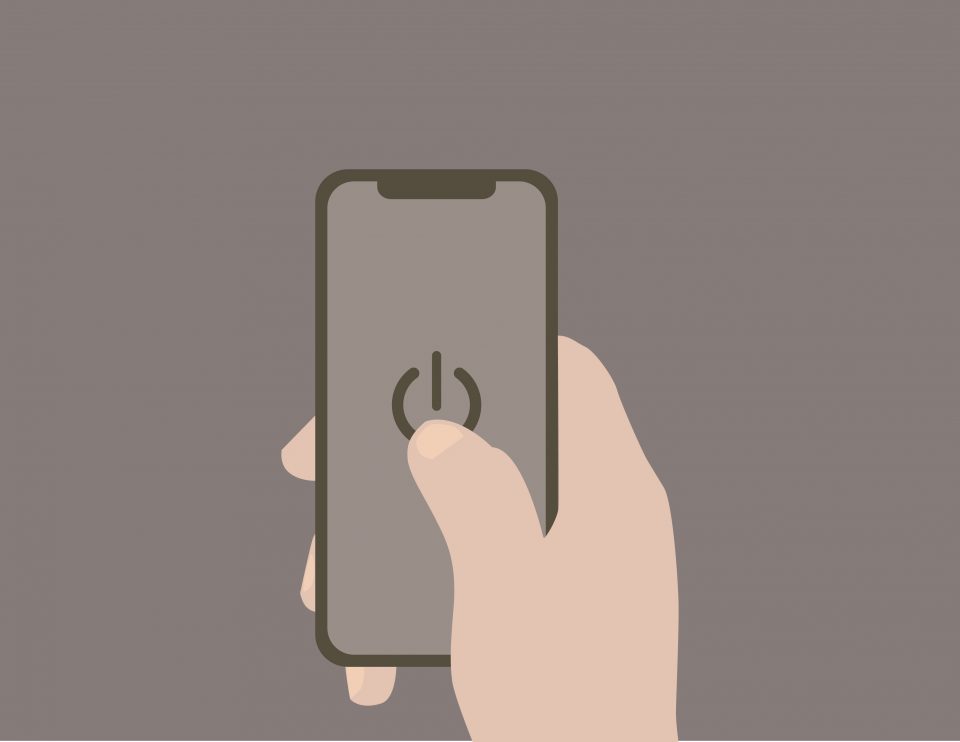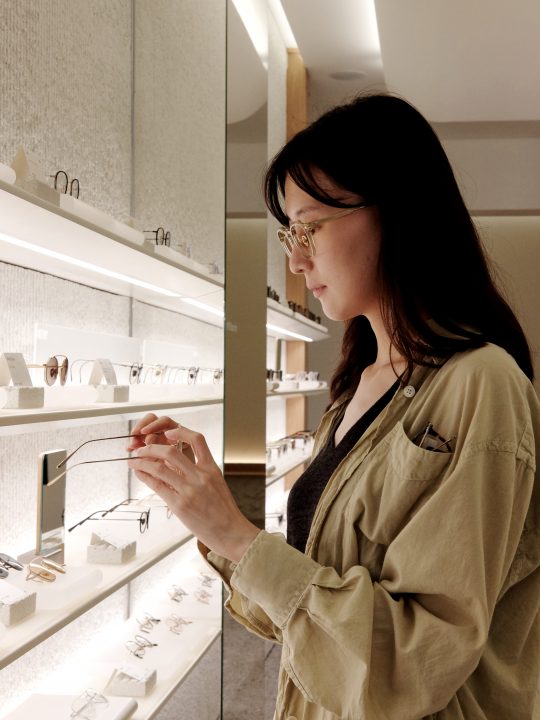THE ART OF CALMING DOWN
Switching off, tuning out and calming down can be difficult in the digital age, so here are some tips on successfully doing a digital detox.
Why you should try a digital detox this year.
(3 minute read)
When our smartphone becomes our closest companion, it is time for a digital detox? But how can we turn the little break from our screen from a friendly anecdote into a lasting, personal belief?
Once upon a time people called each other on their house telephones, young people wrote actual letters and as soon as a teenager tried to dial in the internet, a loud, disturbing sound made parents shout from somewhere in the house, “Don’t spend so much time online, it’s too expensive.” Easy said, as a picture of the size of 1 Megabtye needed ages to build up and chatting with others was as scary as it was exciting. All this seems so far away these days. Today we are online. Permanently, 24/7. And we cannot get enough.
Especially the smartphone, it seems, has become a best friend to many of us. The small little gadget offers a huge vary of functions and options. We use it for literally everything: for communicating, for banking, for searching information, when we travel it keeps our tickets, in the morning it helps us to wake up on time, we play games on it, we track our fitness and whenever we want to note down a thought there is also a little icon for our very personal digital notebook. “There’s an app for anything”, a big technology brand once said and they seemed to be absolutely right. The smartphone is our window to the world – whenever and wherever we wish. But when is much too much? What does it do to us, if a small electronic device becomes that relevant that we automatically carry it around all day?
To be honest, not only in the field of work a smartphone is more than practical and sometimes it even appears essential. Writing an email between two meetings, checking our calendar before arriving in the office and even conference calls can be easily handled. Thanks to our smartphone and the internet, we can work from almost everywhere and again whenever we want. Not to think of our private lives. How many of us would know what was going on in our friends’ lives, when we didn’t have the opportunity to check on Instagram, Facebook and Snapchat or to send a quick WhatsApp message in-between letting our beloved ones know, we just thought of them? And how nice does it feel to us to receive such a short text in reward? Yes, we definitely know, why drake sang so desperately for calls on his cell phone.
Always ready, always busy
But with all this also comes a feeling of permanent availability. When does work really finish, if our boss and our business partner know, that we have the possibility to read the important email they send us even at 10 p.m.? And how many of us know the slight thought of sorrow raising up, when our counterpart does not reply immediately. Scientists discovered that we unlock our phone up to 80 times per day on average, that’s every 12 minutes and over a day we take about 2,600 actions on it. Smartphones have become one of the most time-consuming things within our day and how often does it happen that we stay up longer than planned, because we forgot the time while surfing the internet or scrolling through Instagram. Studies also show the regular usage of Social Media apps can make us unhappy and even lead to depression, as we are permanently confronted with nice images of the seemingly perfect lives of others.
Changing our habits
So, what must we do? New smartphone features promise to help controlling our daily screen time. The app sets up a statistic showing how much time we spent on our phone and when. We can even see, which apps we used in what frequency. Moreover, we can limit our screen time, by setting a fix frame. As soon the magical number X is passed, the phone shuts down automatically. But can this really be the solution to our problems? Don’t we have to dig deeper to figure out, how we can really give us a pause from our little digital helpers?
Searching the internet reveals a number of tips and hacks for reducing our smartphone time. One idea that appears as easy and effective, is to outsource functions. Instead of using the phone’s alarm, for example, we can buy an old-school alarm clock. On the train to work we could read a real book and do we really think Scrabble is more fun on the screen than in real life, with real people? Well, let’s give it a try.
Switch off pesky push notifications
Psychologists also suggest setting off push notifications. Newstickers, messages, like-notifications, even the reminder for our daily dose of meditation: All this information pops up on our home screen and leaves us feeling stressed. Especially when we concentrate on other tasks, all these little pings and vibration noises change the focus of our awareness and make our minds jump between different topics. But clear thoughts do not come from monkey minds and even multitasking considered to be unhealthy on a long-term basis. So why do we act this way voluntarily?
Last but not least, experts from medicine and psychology agree on one effective but also quite tough tip for us: Set yourself phone-free times. Leave your phone at home when going to the supermarket or put it in the other room in the evening. According to the claim “out of sight, out of mind”, an absent phone appears to be the best method to break with our old habits.
Because in the end, it’s all about this. To really find your way back to a life, that is not dictated by our smartphone, we need to change our routines. The routines, that include our smartphone as an essential item in our daily life. Once we realized, that we don’t need the little gadget for everything, a digital detox will become a real choice and not just remain a temporary thing. It will become an active decision. One that puts us back into power – and lets us calm down, whenever we wish to.









